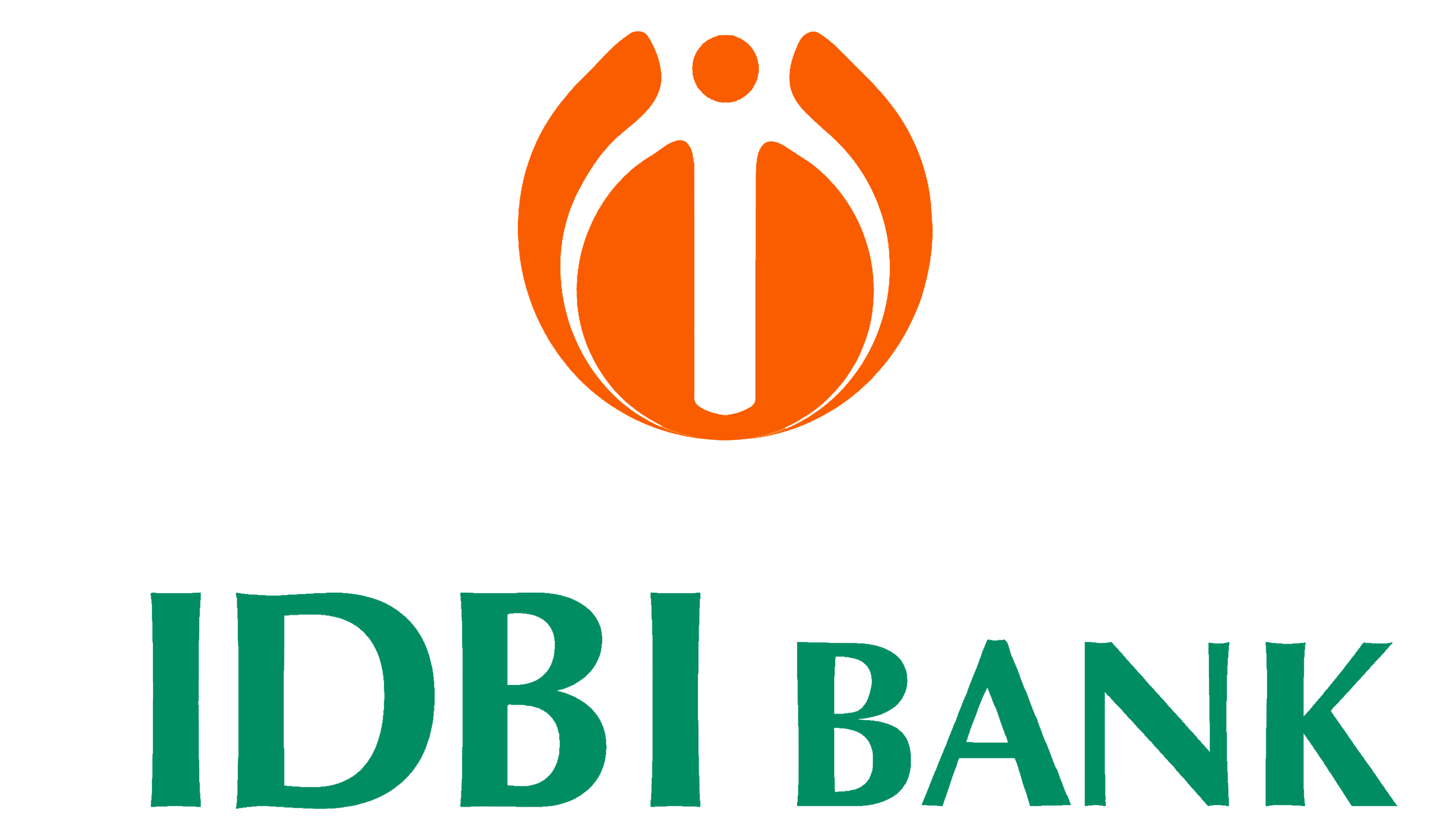TDS Return Filing Online
TDS stands for “Tax Deducted at Source.” It is a tax collection mechanism used by governments, including India, to collect income tax at the source of income generation. Under the TDS system, a person or entity making specified payments to another party is required to deduct a certain percentage of tax before making the payment. With “India’s BEST TAX CONSULTANT.” Connect with our Experts.
TDS Return Filing Online Hassle Free.
TDS Return Filing Online with Auriga Accounting
- Connect with our Experts
- Submit Your Required Documents
- Track Application Status
- Received your Certificate














